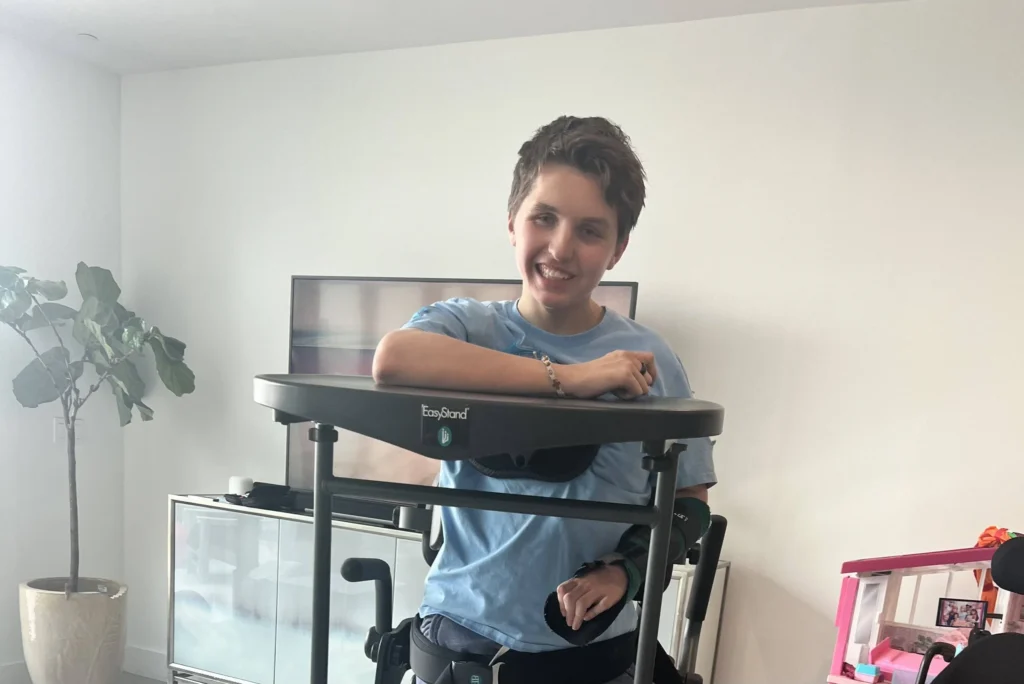Caring for a loved one who has suffered a stroke can be a challenging and rewarding experience. While providing care can be a fulfilling experience, it can also be physically and emotionally exhausting. Caregivers of stroke survivors are at risk for developing caregiver burnout, a condition that can cause physical and mental exhaustion, anxiety, and depression. Here are ten tips for caregivers of stroke survivors to prevent burnout and protect their mental wellbeing.
- Take care of yourself first: It is essential to take care of your own needs to be able to provide care for your loved one. Make sure you get enough sleep, exercise, and eat a healthy diet.
- Seek support from others: Caring for a stroke survivor can be isolating. Joining a support group, talking to a therapist, or connecting with other caregivers can help reduce stress and feelings of isolation.
- Learn to say no: Caregivers may feel obligated to say yes to all requests for help, even when it is not feasible. Learn to say no when it is necessary and set limits on your availability.
- Utilize respite care: Respite care provides temporary relief to caregivers by allowing them to take a break from their caregiving responsibilities. This can include hiring a professional caregiver or asking a friend or family member for assistance.
- Keep a positive attitude: Positive thinking and a hopeful outlook can help reduce stress and improve mental wellbeing. Try to focus on the positive aspects of caregiving and celebrate small successes.
- Practice mindfulness: Mindfulness exercises, such as deep breathing or meditation, can help reduce stress and promote mental wellbeing.
- Accept help from others: It is okay to ask for help, and it is essential to accept it when it is offered. Allow friends and family members to assist you with tasks or errands.
- Make time for hobbies: Engaging in hobbies or other activities that you enjoy can help reduce stress and provide a sense of purpose.
- Take time for yourself: Schedule time for yourself to do things you enjoy, such as reading a book, taking a walk, or listening to music.
- Stay organized: Being organized and having a schedule can help reduce stress and provide a sense of control over your caregiving responsibilities.
Caregivers of stroke survivors are at risk for developing caregiver burnout. By practicing self-care, seeking support from others, utilizing respite care, staying positive, practicing mindfulness, accepting help from others, engaging in hobbies, taking time for yourself, and staying organized, caregivers can protect their mental wellbeing and prevent burnout. It is essential to remember that taking care of oneself is just as important as providing care for a loved one.





